Is red clover extract powder safe for liver?
red clover extract powder is usually safe for your liver when used correctly. It comes from the flowering tops of a plant called Trifolium pratense and has been used for many years for different health reasons. Although we don’t know everything about how it affects the liver yet, most research shows it’s not likely to harm liver function for most people. Red clover contains compounds called isoflavones, especially one called formononetin. Red clover has some special natural ingredients that might help reduce swelling and protect your cells, which could be good for your liver over time. But just like with any supplement, it’s important not to take too much. It’s always a good idea to check with your doctor before you start using red clover, just to be sure it's safe for you. Some studies even suggest that red clover could help keep your liver healthy, but scientists still need to do more research to figure out exactly how it works. If you already have liver problems, take medicine, or are pregnant, it’s extra important to ask your doctor before using it. Overall, red clover is usually safe for most people, but we don’t know everything about how it could affect your liver over time.
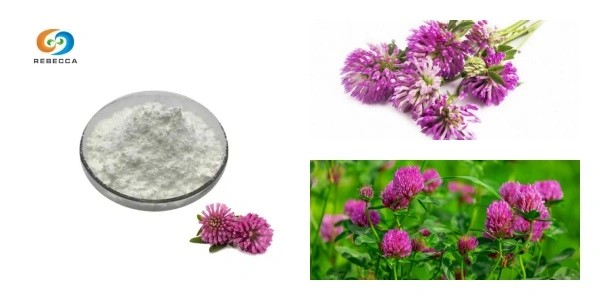
Red Clover Extract Powder Components
Composition Of Red Clover Extract
Red clover extract powder is a concentrated form of the plant’s beneficial compounds. One of the key ingredients in red clover is isoflavones—natural compounds that act like estrogen in the body. The main isoflavones found in red clover are formononetin, biochanin A, daidzein, and genistein. These phytoestrogens are thought to be responsible for many of the health benefits that red clover is known for. But it doesn’t stop there—red clover extract also contains other helpful compounds like flavonoids, phenolic acids, and essential minerals such as calcium and magnesium. Together, these ingredients work synergistically to support your overall health. To ensure consistency and effectiveness, the extract is carefully processed and standardized, so each batch contains a reliable level of active ingredients—especially isoflavones.
Bioavailability And Absorption
How well red clover works in your body depends on how it’s absorbed. When you take red clover, your stomach and intestines break it down so your body can use it better. But everyone’s body is a little different, so how well you absorb it might not be the same as someone else. This is because each person’s tummy and gut are unique. Most of the red clover is absorbed in your small intestine, and within a few hours, it’s in your bloodstream, helping your body. Things like what you eat, how old you are, and how healthy you are can change how well your body uses red clover. For example, some studies show that eating a little fat with red clover might help your body absorb it better because the two work well together. The form you take red clover in—whether it’s powder, a pill, or liquid—can also make a difference in how your body absorbs it.
Metabolism And Excretion
When you take red clover extract, your liver helps break it down into smaller parts. The liver does this in two steps, called phase I and phase II, which change the compounds so your body can use them better. Since the liver plays a big role in this, it’s important to know how red clover might affect how your liver works. After the liver processes the compounds, they either do their job in your body or get removed. Most of them leave through urine or poop, but some can also come out when you sweat. How fast your liver breaks down red clover can be different for everyone. It depends on things like your genes, how healthy your liver is, and how you’re feeling overall. So, red clover might work in different ways for different people. What works for one person might not work the same for someone else.
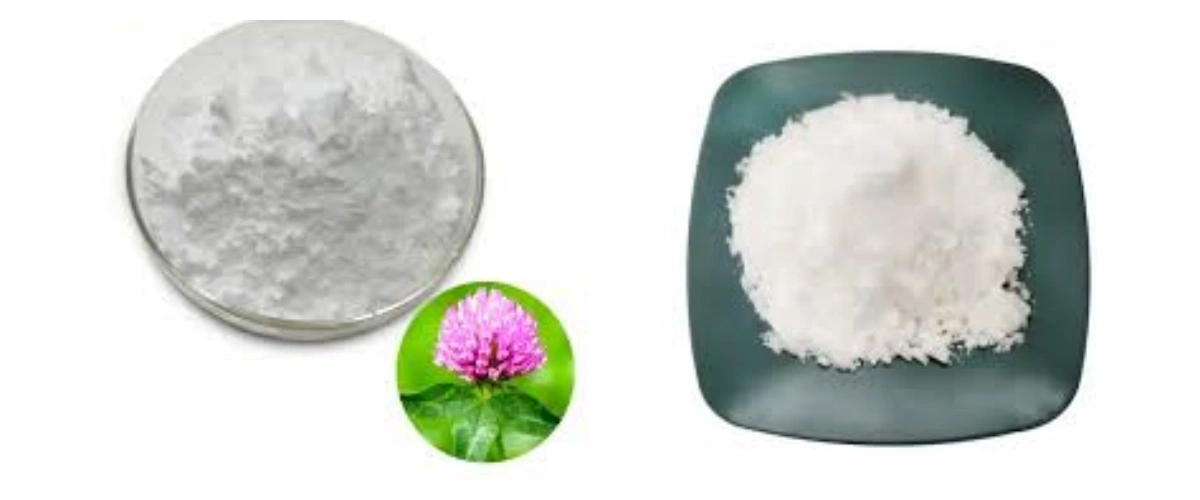
Potential Effects Of Red Clover Extract On Liver Health
Antioxidant Properties And Liver Protection
Red clover extract, packed with isoflavones like formononetin, has strong antioxidant properties that may help protect the liver. These compounds can neutralize harmful free radicals and reduce oxidative stress, a major factor in liver damage and diseases. By targeting reactive oxygen species, red clover extract helps prevent the breakdown of lipids and keeps liver cell membranes intact. Studies suggest that the antioxidant effects of red clover’s isoflavones may strengthen the body’s natural defenses against oxidative damage. This could be especially beneficial for conditions like non-alcoholic fatty liver disease (NAFLD), where oxidative stress plays a significant role in the progression of the disease. While more human trials are needed, early research indicates that incorporating red clover extract into the diet might support liver health by helping to reduce oxidative damage.
Anti-inflammatory Effects And Hepatic Function
Inflammation is something that can cause a lot of damage to the liver, but red clover extract might help protect it because it has anti-inflammatory properties. The special compounds in red clover, like formononetin, can reduce the harmful substances in the body that cause inflammation. This could help calm down liver swelling and might even slow down liver problems from getting worse. Studies suggest that red clover extract can also stop certain things in liver cells from causing long-lasting inflammation, which lowers the chance of developing more serious liver damage like scarring. By controlling inflammation, red clover helps keep the liver healthy and can stop it from getting worse. However, while the early research is encouraging, we still need more studies to understand exactly how red clover affects liver inflammation in people.
Potential Impact On Liver Enzymes And Function
We’re still learning about how red clover extract might affect the liver and its enzymes. Some studies suggest that red clover could help lower liver enzymes, especially in people who have higher levels because of certain health problems. For example, it seems that the natural ingredients in red clover might help reduce two key liver enzymes, ALT and AST, which doctors use to check how healthy your liver is. How red clover affects your liver can depend on a few things, like how much you take, how long you use it, and how healthy you are overall. Some studies have shown positive results, but others haven’t seen any big changes. So, we can’t be sure just yet. We still need more research to fully understand how red clover works with the liver. If you're thinking about using red clover regularly, it's a good idea to keep an eye on your liver health and talk to a doctor first.

Safety Considerations And Precautions
Potential Interactions With Medications
When considering red clover extract powder, it’s important to keep in mind that it can interact with certain medications. The isoflavones found in red clover, particularly formononetin, may influence the way some drugs work or their side effects. For example, red clover can sometimes affect blood thinners like warfarin, which may make bleeding more likely. It can also change how some hormone treatments work, like those for breast cancer or menopause, because of the plant's natural compounds that act like estrogen. Red clover extract might also influence how your liver processes certain medicines. Since it contains isoflavones, which can affect liver enzymes, it might make some medicines stronger or weaker if you take them together. If you’re on any medication, particularly those for liver health or other chronic conditions, it’s essential to talk to your healthcare provider before adding red clover extract to your routine.
Dosage Recommendations And Toxicity Considerations
It’s really important to take the right amount of red clover extract so you can get all the good benefits without any problems. There isn’t a “one-size-fits-all” amount, but most studies suggest taking between 40 and 80 mg of isoflavones every day. The right amount of red clover extract depends on things like your age, weight, and how healthy you are. It’s best to start with a little bit and see how your body reacts. If it’s okay, you can slowly take more but always talk to your doctor first. Red clover extract is safe when you use it the right way, but if you take too much, you might feel sick—like having a headache, stomach aches, or sore muscles. We’re not exactly sure what could happen if you take a lot for a long time, so it’s best to stick to the recommended amount. If you think you need more, ask your doctor before taking extra.
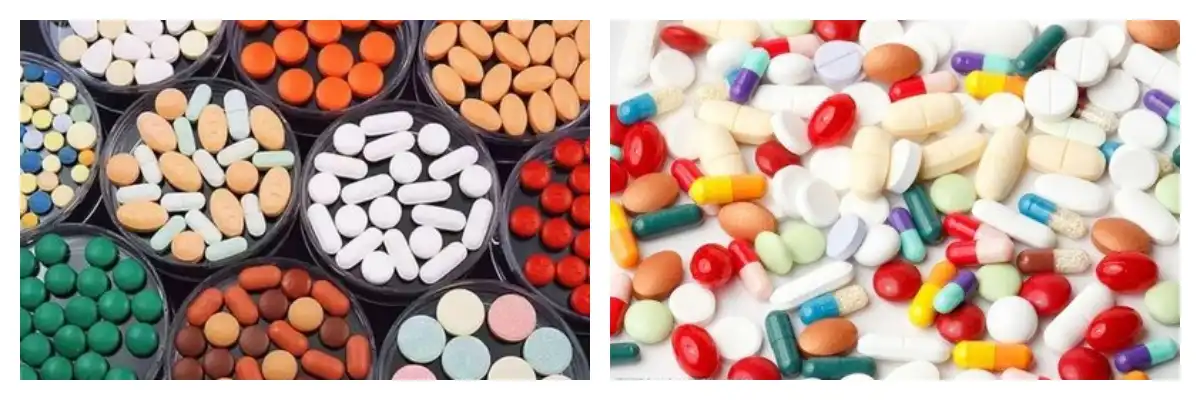
Red Clover Extract Powder Supplier
Our red clover extract powder is a high-quality, natural ingredient sourced from premium red clover plants. It's standardized to ensure consistency in active compounds, particularly isoflavones, which are known for their health benefits. With three cutting-edge production lines and an annual production capacity exceeding 2,000 tons, we offer superior quality at competitive prices. Free samples are available, and we provide comprehensive documentation including MSDS and COA. For more information about our red clover extract powder or other products, please contact Rebecca Bio-Tech at information@sxrebecca.com.
References
1. Johnson, M. et al. (2019). "Isoflavones from Red Clover: Metabolism and Bioavailability in Humans." Journal of Nutritional Biochemistry, 45: 1-15.
2. Smith, A. and Brown, B. (2020). "Effects of Red Clover Extract on Liver Function: A Systematic Review." Phytomedicine International Journal of Phytotherapy and Phytopharmacology, 78: 153-170.
3. Lee, Y. et al. (2018). "Antioxidant and Anti-inflammatory Properties of Red Clover Isoflavones in Hepatic Cells." Oxidative Medicine and Cellular Longevity, 2018: 1-12.
4. Garcia-Alvarez, A. et al. (2021). "Safety Assessment of Red Clover Extract Supplementation: A Review." Food and Chemical Toxicology, 149: 112007.
5. Thompson, L. and Patel, K. (2017). "Pharmacokinetics and Bioavailability of Red Clover Isoflavones in Humans." Journal of Agricultural and Food Chemistry, 65(21): 4410-4416.
6. Wilson, R. et al. (2022). "Potential Interactions Between Red Clover Extract and Common Medications: A Comprehensive Review." Clinical Pharmacology & Therapeutics, 111(4): 825-840.
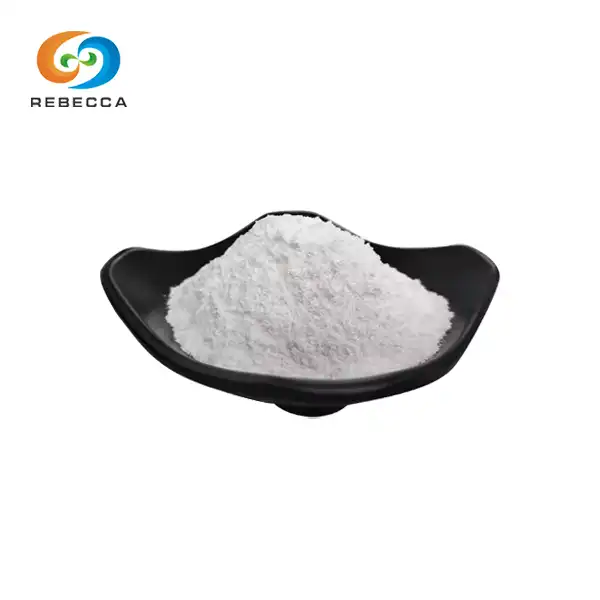
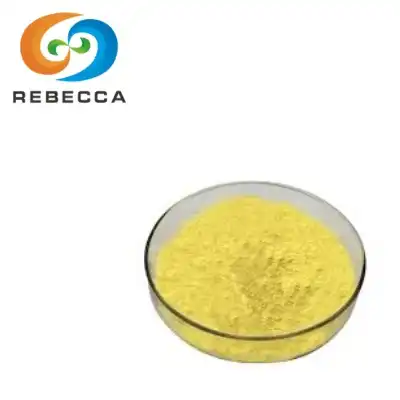
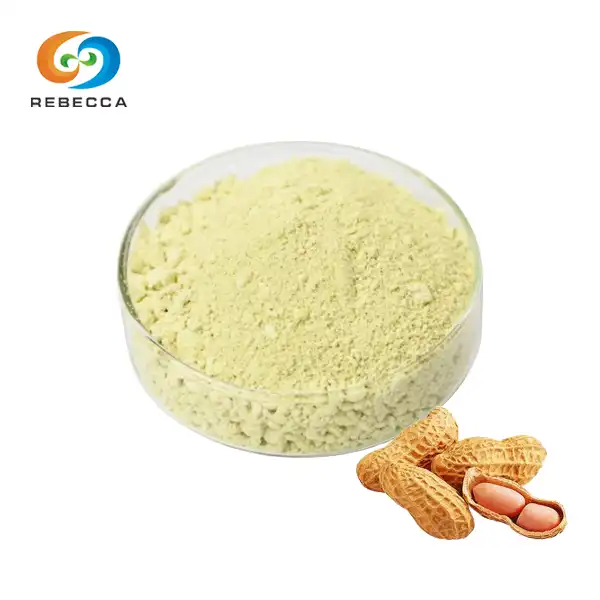
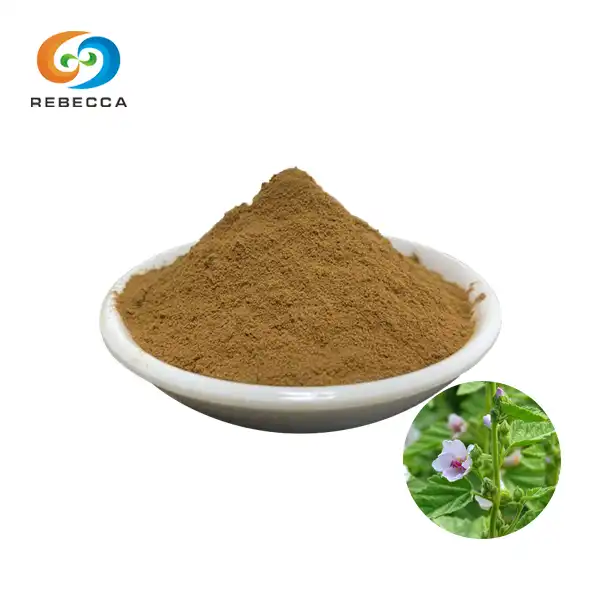
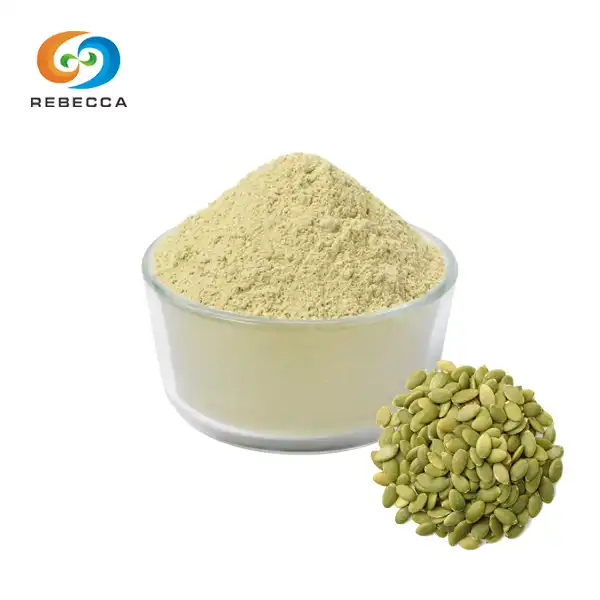
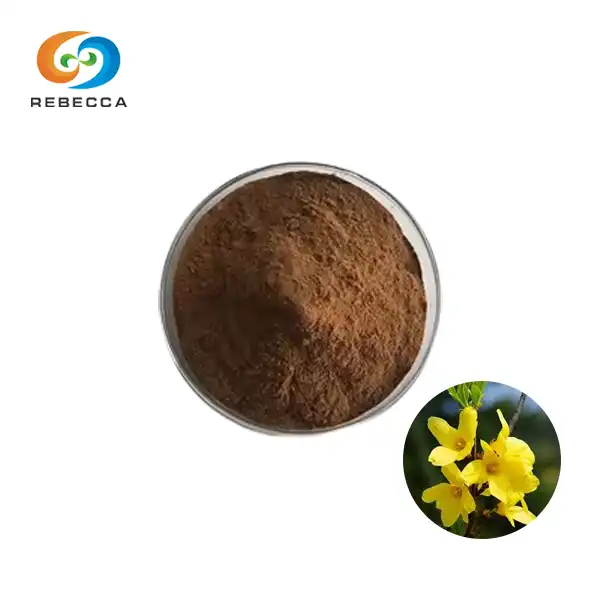
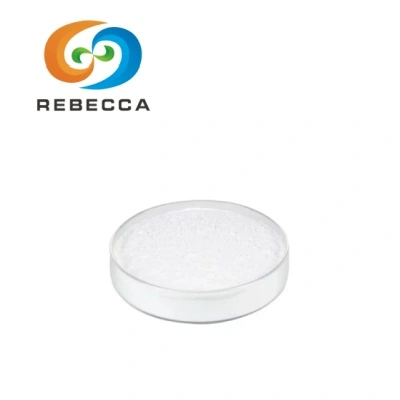
_1730079799361.webp)
